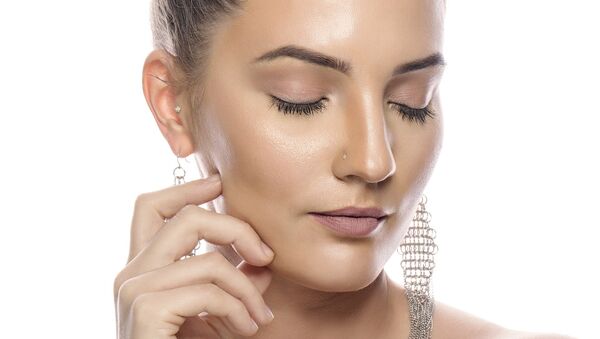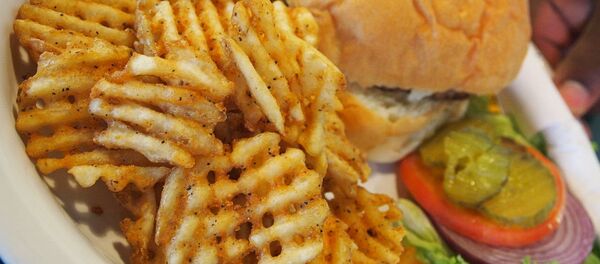"Damaged or stressed stem cells can be selectively eliminated by intact stem cells every day in our skin," Emi Nishimura, a professor at the Tokyo Medical and Dental University's stem cell biology department, who led the research, recently told the South China Morning Post.
The researchers found that the protein COL17A1 (collagen type XVII alpha 1 chain) eliminates weak skin cells by promoting competition, thereby allowing the replication of stronger cells to take place.
In addition, the scientists discovered that aging causes a depletion in the protein, resulting in a greater number of weaker skin cells. The researchers gathered data by experimenting on mice tails, which share many common features with human skin.
The researchers also isolated two compounds, Y-27632 and apocynin, which were found to "significantly promote wound repair," according to the study, which was accessed by the Post. In addition, the compounds facilitated "skin regeneration" and decreased "skin aging."
The study's findings may eventually lead to the the production of creams or tablets that contain these two compounds to slow down aging.
"We are going to collaborate with pharmaceutical or cosmetic companies for the clinical use of the chemicals," Nishimura told the Post.
Additional research may also investigate whether the same compounds could encourage cell competition in other parts of the body that, like the skin, contain epithelial cells, such as the kidneys, lungs and liver.
"We are working on other epithelial organs as well to find out [whether] similar competition may underlie long-term tissue maintenance as well as organ ageing," Nishimura told the news outlet.



